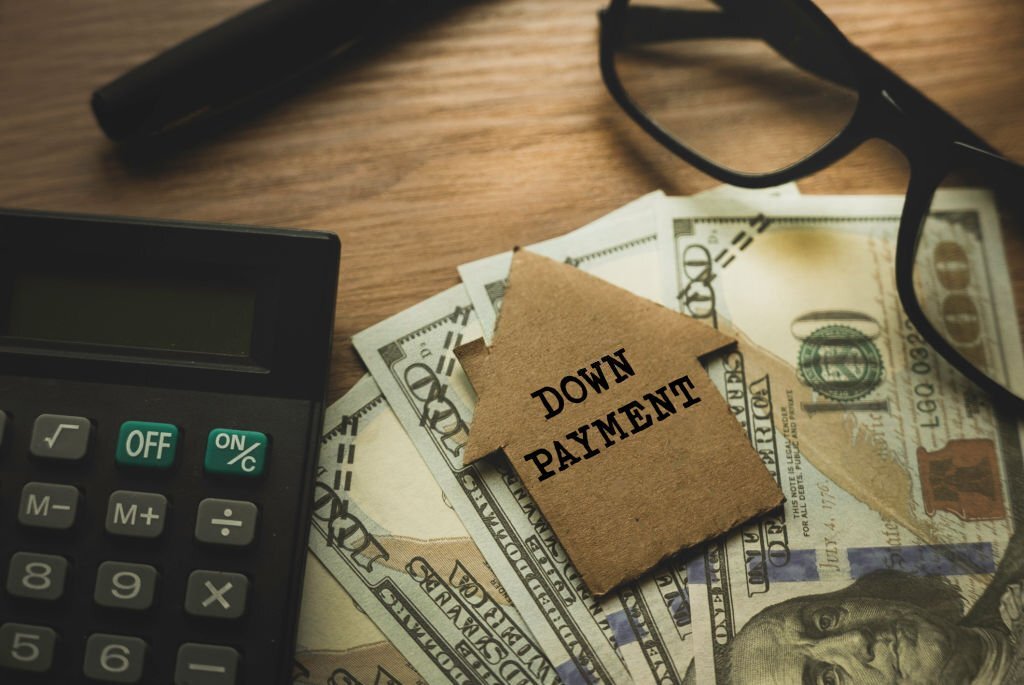Securing the lowest interest rate on a mortgage is a goal shared by homebuyers and homeowners looking to refinance. By obtaining a lower interest rate, individuals can save a significant amount of money over the life of their loan. This article explores the importance of securing a low-interest rate and the potential long-term savings it can bring.
Strategies to Get the Lowest Interest Rate on a Mortgage
A. Shop Around and Compare Offers
One of the most effective strategies to obtain the lowest interest rate on a mortgage is by shopping around and getting quotes from multiple lenders. Research confirms that those who gather various quotes tend to receive lower rates.
Homebuyers should request rate quotes from different financial institutions and carefully compare the interest rates, closing costs, lender fees, and other associated expenses. Individuals can identify the lender offering the most competitive rate by comparing multiple offers.
B. Negotiate with Lenders
Contrary to popular belief, it is possible to negotiate mortgage rates. Many homebuyers and refinancers often accept the first offer they receive without considering the potential for negotiation. However, negotiating can potentially save individuals money. When armed with multiple quotes from different lenders, borrowers can use them as leverage to negotiate for a better deal. Approach the preferred lender with a lower quote from another lender and inquire if they can match or improve upon that rate.
Strategies to Get the Lowest Interest Rate on a Mortgage
Shop Around and Compare Offers:
- Obtaining quotes from multiple lenders: When seeking the lowest interest rate on a mortgage, it is crucial to shop around and obtain quotes from multiple lenders. By reaching out to different financial institutions, borrowers can compare the interest rates, closing costs, and other associated fees offered by each lender. This allows them to identify the lender offering the most competitive rate for their financial situation.
- Research confirming lower rates for those who get multiple quotes: Research has consistently shown that borrowers who gather various quotes tend to receive lower interest rates on their mortgages. By obtaining quotes from various lenders, individuals increase their chances of securing a more favorable rate and saving money over the life of the loan.
Negotiate with Lenders
- Highlighting the possibility of negotiating mortgage rates: Contrary to popular belief, it is possible to negotiate mortgage rates with lenders. Many homebuyers and refinancers often accept the initial rate offered without considering the potential for negotiation. However, by leveraging multiple quotes from different lenders, borrowers can advocate for a better deal. Approach the preferred lender with a lower quote from another lender and inquire if they can match or improve upon that rate.
- Using multiple quotes as leverage for a better deal: Having multiple quotes not only helps borrowers in comparing rates but also provides leverage during negotiations. When armed with alternative offers, borrowers can demonstrate to lenders that they have options and are willing to take their business elsewhere if a more favorable rate is not offered. This can increase the chances of securing a lower interest rate.
Strengthen Your Credit Score
- Explaining the impact of credit score on the interest rate: A borrower’s credit score plays a significant role in determining the interest rate offered on a mortgage. Lenders consider credit scores as an indicator of creditworthiness. A higher credit score indicates lower credit risk, making borrowers more attractive to lenders. Individuals can qualify for better interest rates by improving their credit score and potentially save money on their mortgage.
- Tips for improving creditworthiness before applying for a mortgage: To strengthen their credit score, borrowers should focus on paying bills on time, reducing outstanding debts, and maintaining low credit card balances. It is also essential to review credit reports regularly for any errors and address them promptly. These steps to improve creditworthiness before applying for a mortgage can help secure a lower interest rate.

Consider a Larger Down Payment
- How a larger down payment can lead to a lower interest rate: Making a larger down payment can demonstrate financial responsibility to lenders and potentially lead to a lower interest rate. A substantial down payment reduces the loan-to-value ratio, the amount borrowed compared to the home’s value. A lower loan-to-value ratio decreases the lender’s risk, making them more inclined to offer a lower interest rate.
- Demonstrating financial responsibility and increasing negotiating power: A larger down payment not only reduces the loan amount but also A substantial down payment reduces the loan-to-value ratio, which is the amount borrowed compared to the home’s value. A lower loan-to-value ratio decreases the lender’s risk, making them more inclined to offer a lower interest rate.
- Demonstrating financial responsibility and increasing negotiating power: A larger down payment not only reduces the loan amount but also demonstrates a financial commitment to lenders. It shows that the borrower can save a significant amount of money, making them a more attractive candidate for a lower interest rate. Additionally, having a larger down payment can increase the borrower’s negotiating power when discussing the mortgage terms with the lender.
Can I Ask My Bank to Lower My Mortgage Interest Rate?
Yes, you can ask your bank to lower your mortgage interest rate. Negotiating with your lender for a better rate is a common practice, and it can potentially lead to savings on your mortgage. However, it’s important to approach the situation with respect and professionalism.
When requesting a lower interest rate, it’s crucial to communicate with your bank respectfully. Contact your lender and express your interest in discussing the possibility of a rate reduction. Remember to maintain a polite and constructive tone throughout the conversation.
To support your request for a lower interest rate, it’s helpful to provide valid reasons that justify your proposal.
Here are a few valid reasons you can consider:
- Improved Creditworthiness: If your credit score has significantly improved since you obtained your mortgage, inform your bank about the positive changes. A higher credit score indicates lower credit risk and can be a valid reason for requesting a lower interest rate.
- Market Comparison: Research and compare the interest rates offered by other lenders in the market. Use online rate comparison tools or consult with a mortgage broker to gather information about the current rates. Presenting this data to your bank can demonstrate that you are aware of competitive rates and can serve as a basis for negotiation.
- Loyal Customer: If you have been a long-standing customer with your bank and have a history of timely payments, it’s worth mentioning your loyalty and positive banking relationship. Highlighting your commitment to the bank can influence their decision to lower your interest rate.
- Financial Hardship: If you face financial difficulties, such as a job loss or unexpected expenses, explain your situation to your bank. They may be more inclined to consider a lower interest rate as a gesture of support during challenging times.
Remember that while you can request a lower interest rate, your bank is under no obligation to agree to your proposal. However, by approaching the conversation respectfully and providing valid reasons, you increase the likelihood of a positive outcome.
If your bank is unwilling to lower your interest rate, you may consider exploring refinancing options with a different lender. Refinancing involves paying off your current mortgage with a new loan that offers more favorable terms, including a lower interest rate.
FAQ:
How to get the lowest interest rate on a mortgage?
To get the lowest interest rate on a mortgage, it is essential to follow these steps:
- Shop around and obtain quotes from multiple lenders. Research shows that those who gather various quotes receive lower rates.
- Negotiate with lenders. It is possible to negotiate mortgage rates, especially when armed with multiple quotes from different lenders. Use them as leverage to negotiate for a better deal.
- Strengthen your credit score. A higher credit score indicates lower credit risk, making borrowers more attractive to lenders. By improving your credit score, you can qualify for better interest rates.
Can I negotiate the mortgage rate?
Yes, you can and should negotiate a mortgage rate when getting a home loan. Research confirms that those who get multiple quotes receive lower rates. By shopping around and asking for the best deal, you can exercise your power and save money on your mortgage.
Can I ask my bank to lower my mortgage interest rate?
Yes, you can ask your bank to lower your mortgage interest rate. However, it’s important to note that banks have some flexibility with the rates they offer. To increase your chances of success, it’s beneficial to shop around with multiple lenders, have strong personal finances, and come prepared with a lower quote from a different lender in hand.




